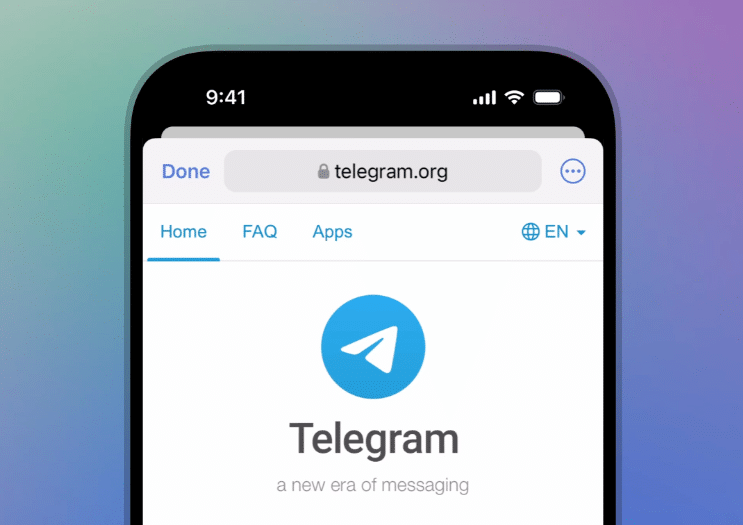Telegram’s latest addition features an in-app browser that supports decentralized websites hosted on the Open Network.
Messaging app Telegram has introduced its new in-app browser in a blog announcement on July 31, adding to the mini-app store announced earlier in July by CEO Pavel Durov. With the new browser, Telegram’s approximately 950 million users would be able to navigate TON Sites, a platform for creating decentralized websites.
The platform was introduced in 2023 and allows users to set up a web server that makes these sites accessible on the Open Network blockchain. Initially, TON sites were accessible via specific entry points known as TON Proxies.

Durov says the browser is equipped with “all the features” of a traditional web browser and allows users to switch between web browsing and messaging. “This opens the world of blockchain-based web to almost a billion users,” he said in an Aug. 1 post.
Other than that, the Telegram mini app store is also now live and can be accessed via the search section of the Telegram app. Per the announcement, 500 million of Telegram’s 950 million users who interact with mini-apps every month will be able to access all their mini-apps in one place.
Additionally, the so-called “Stars,” a unit of payment within the mini-app ecosystem, can now be sent to friends. The in-app token, introduced on June 7, allows mini-apps to accept payments, with the tokens can then be swapped for Toncoin (TON), the TON network’s native token.
Telegram mini-apps have been a massive success, with applications like Notcoin (NOT) and Hamster Kombat (HMSTR) drawing millions of players globally. Hamster Kombat, for instance, became one of the fastest-growing web3 applications, surpassing over 300 million users since its launch in March 2024. Now, the project is gearing up to launch what it calls the “largest airdrop in the history of crypto” for its HMSTR token, set to debut on TON.
Catizen, another mini app launched on Telegram in March alongside Hamster Kombat, has also attracted over 500,000 paying users and led to investment in Pluto Studio — the app’s publisher — from Hong Kong-based crypto venture firm HashKey Capital.
This article first appeared at crypto.news

